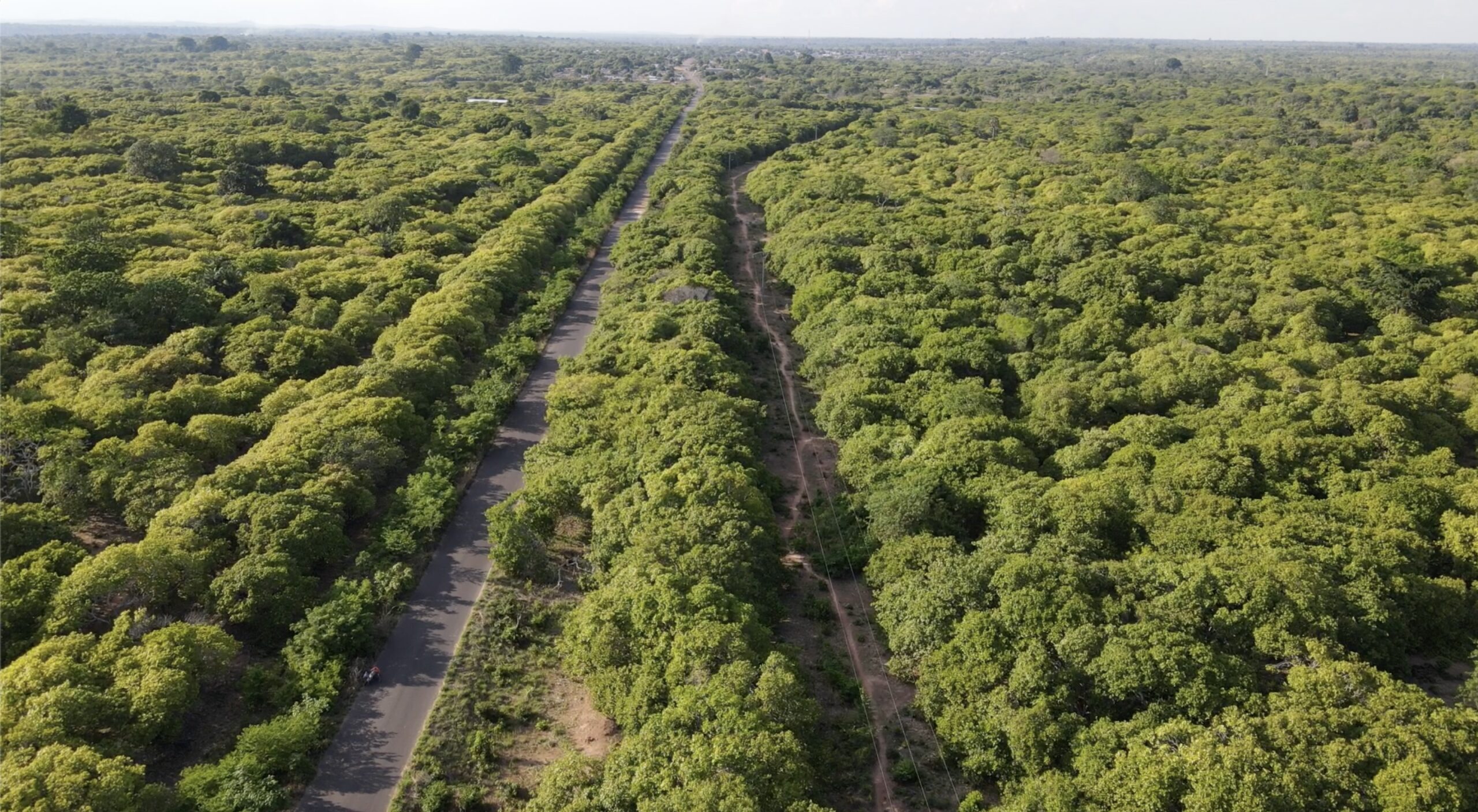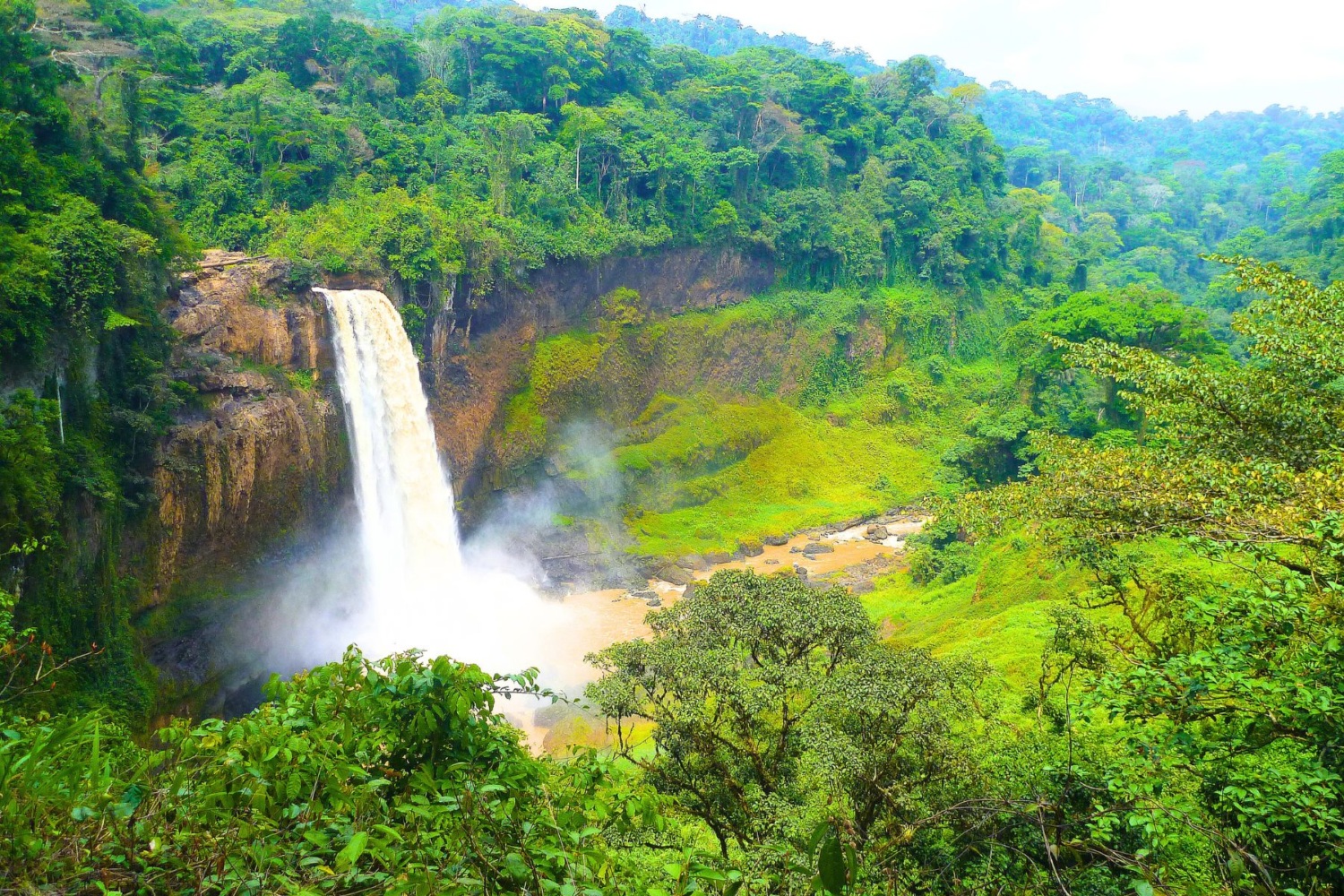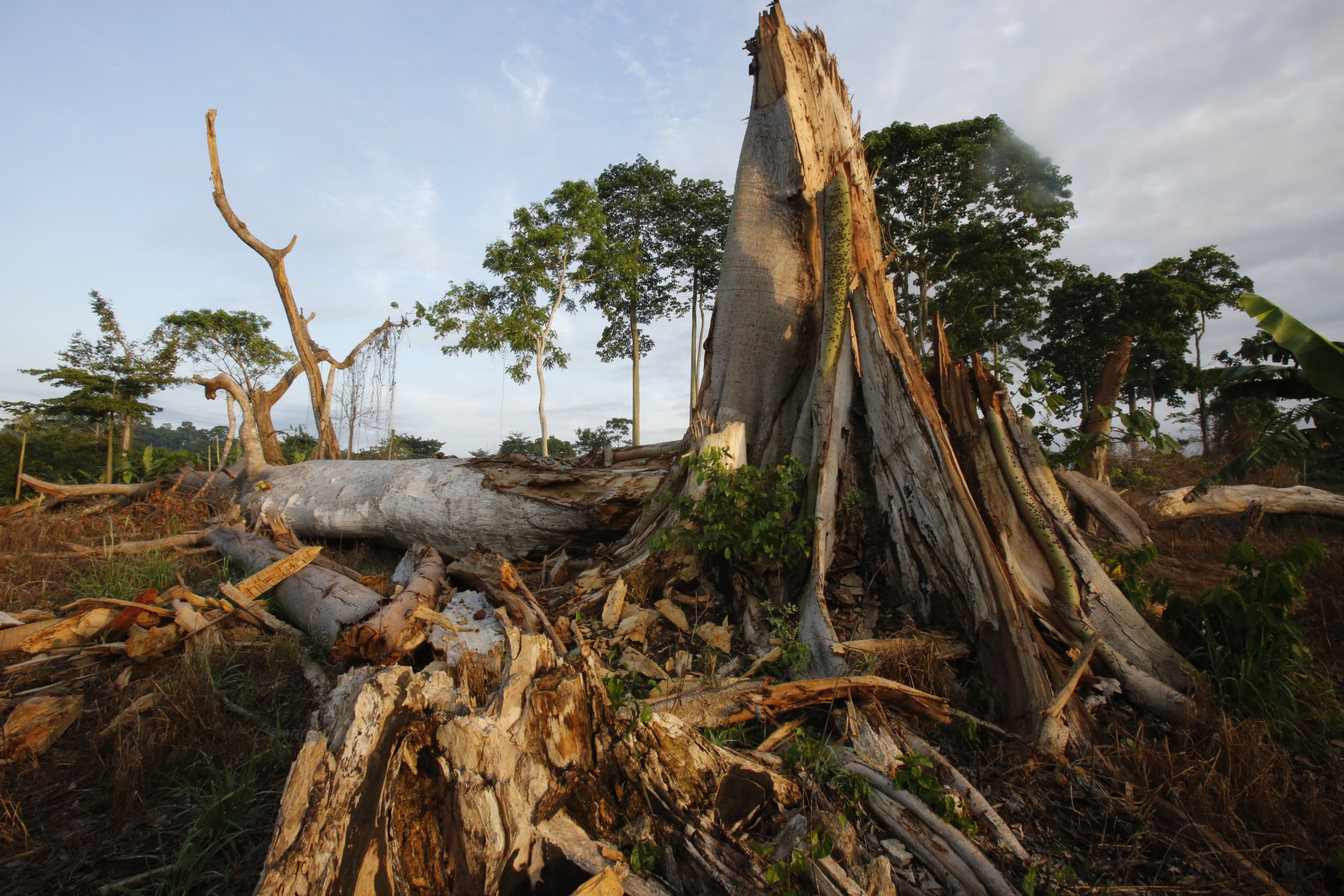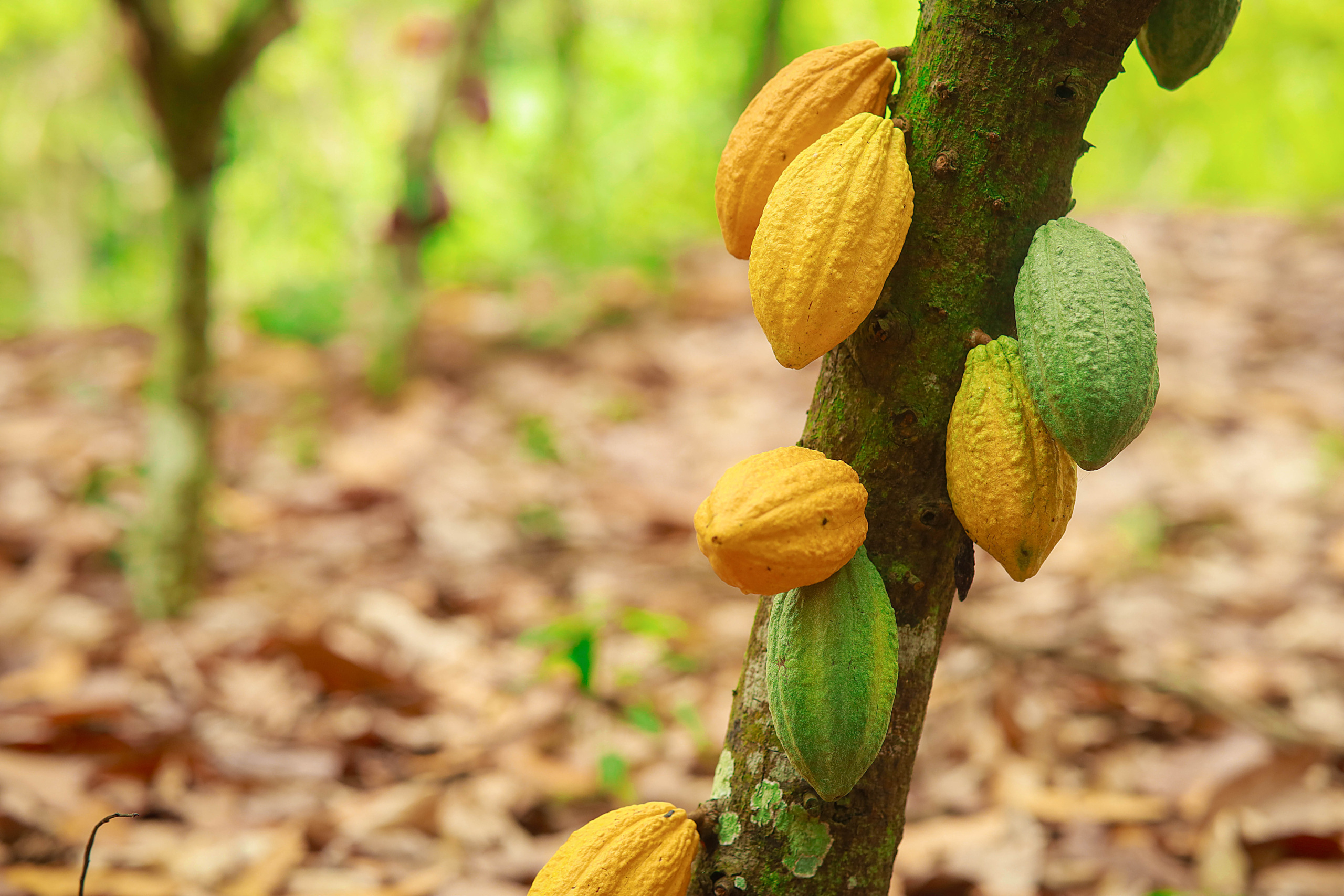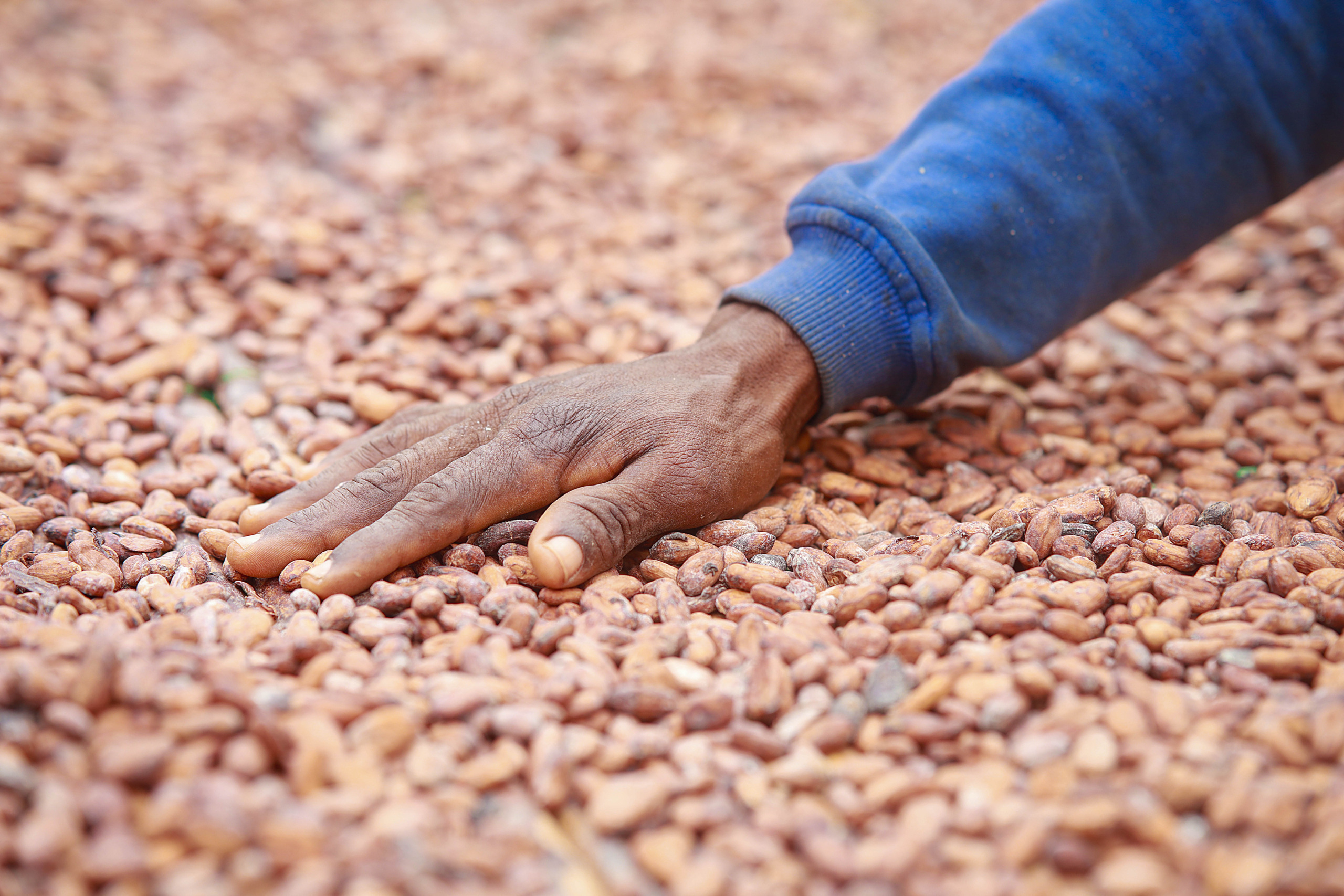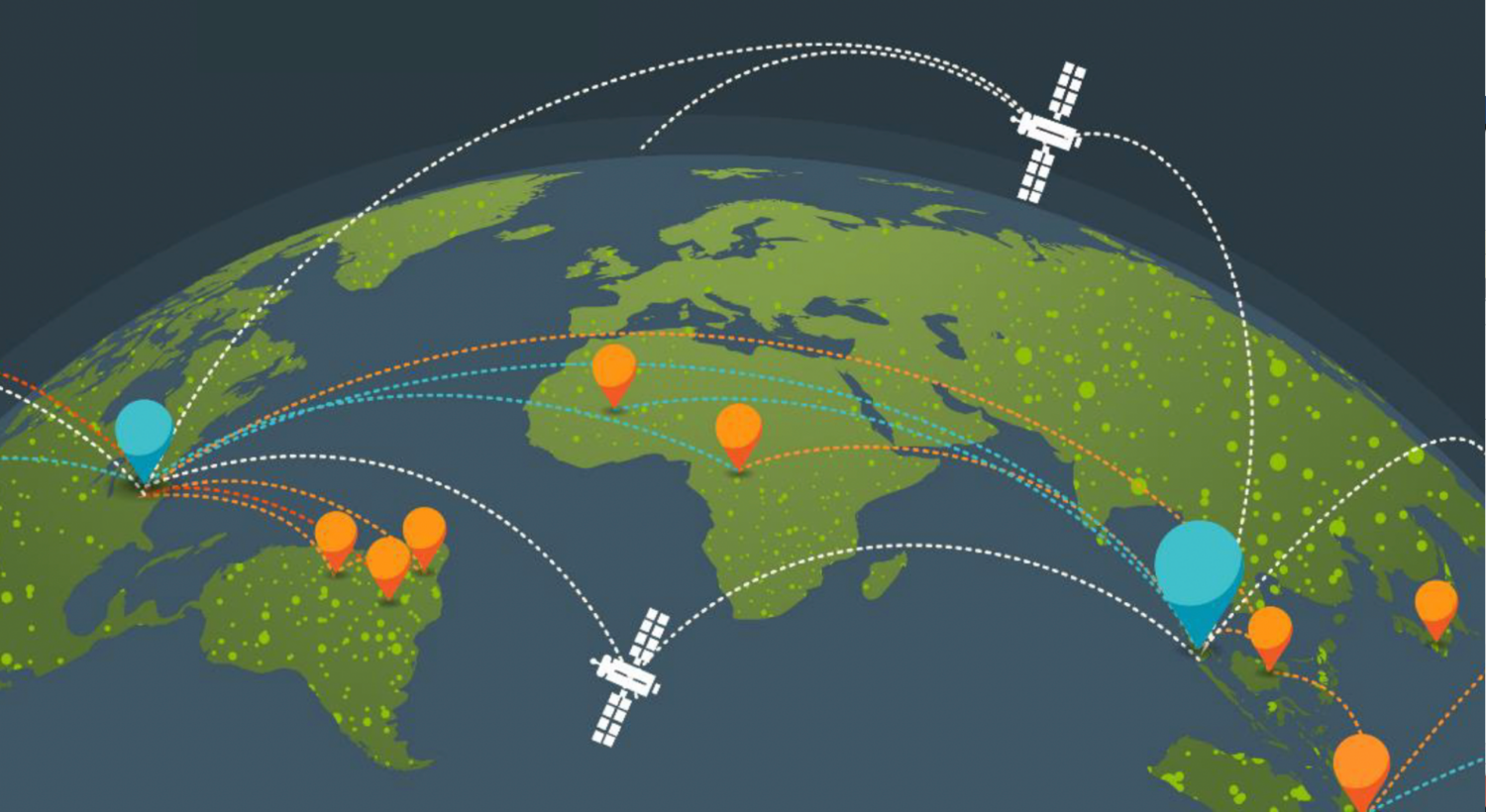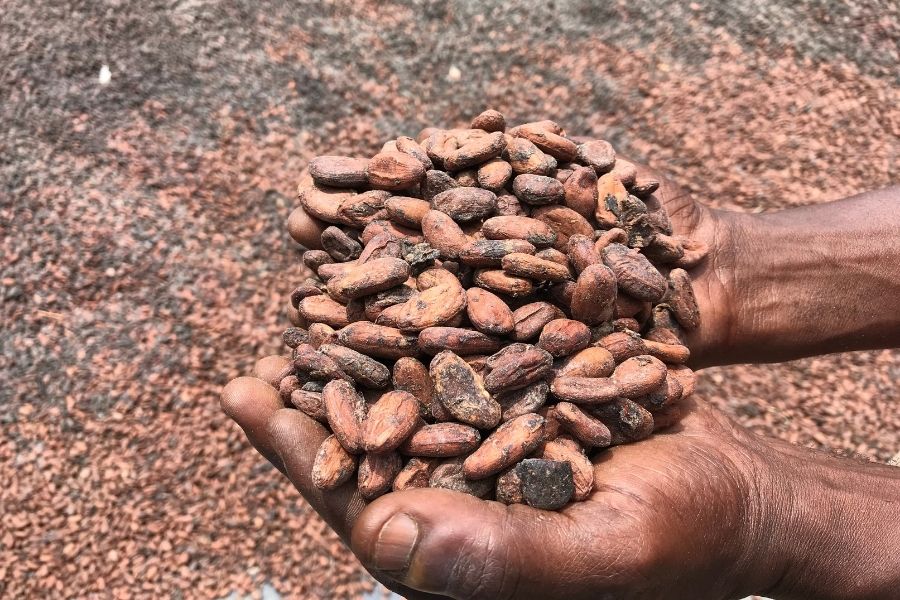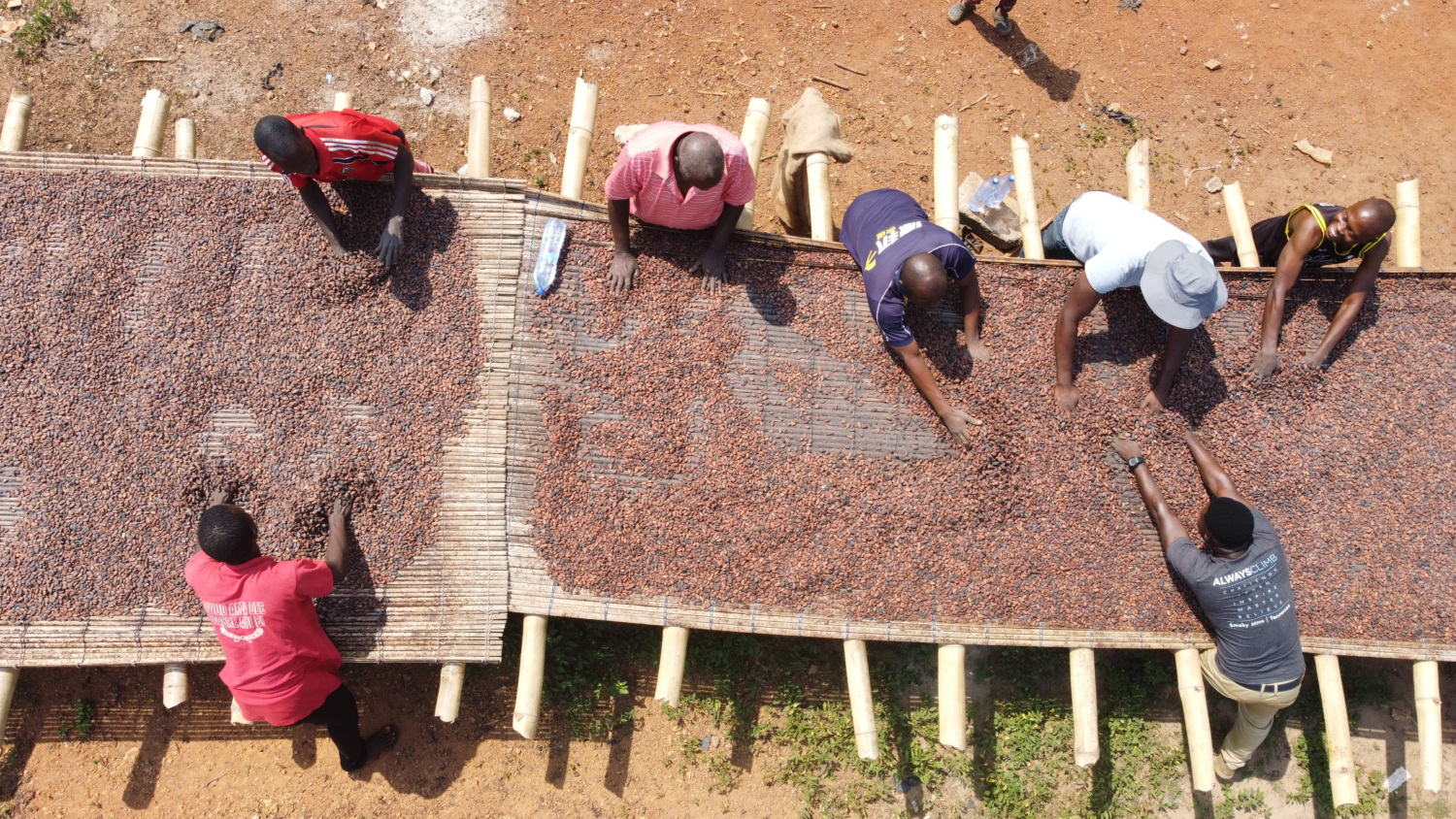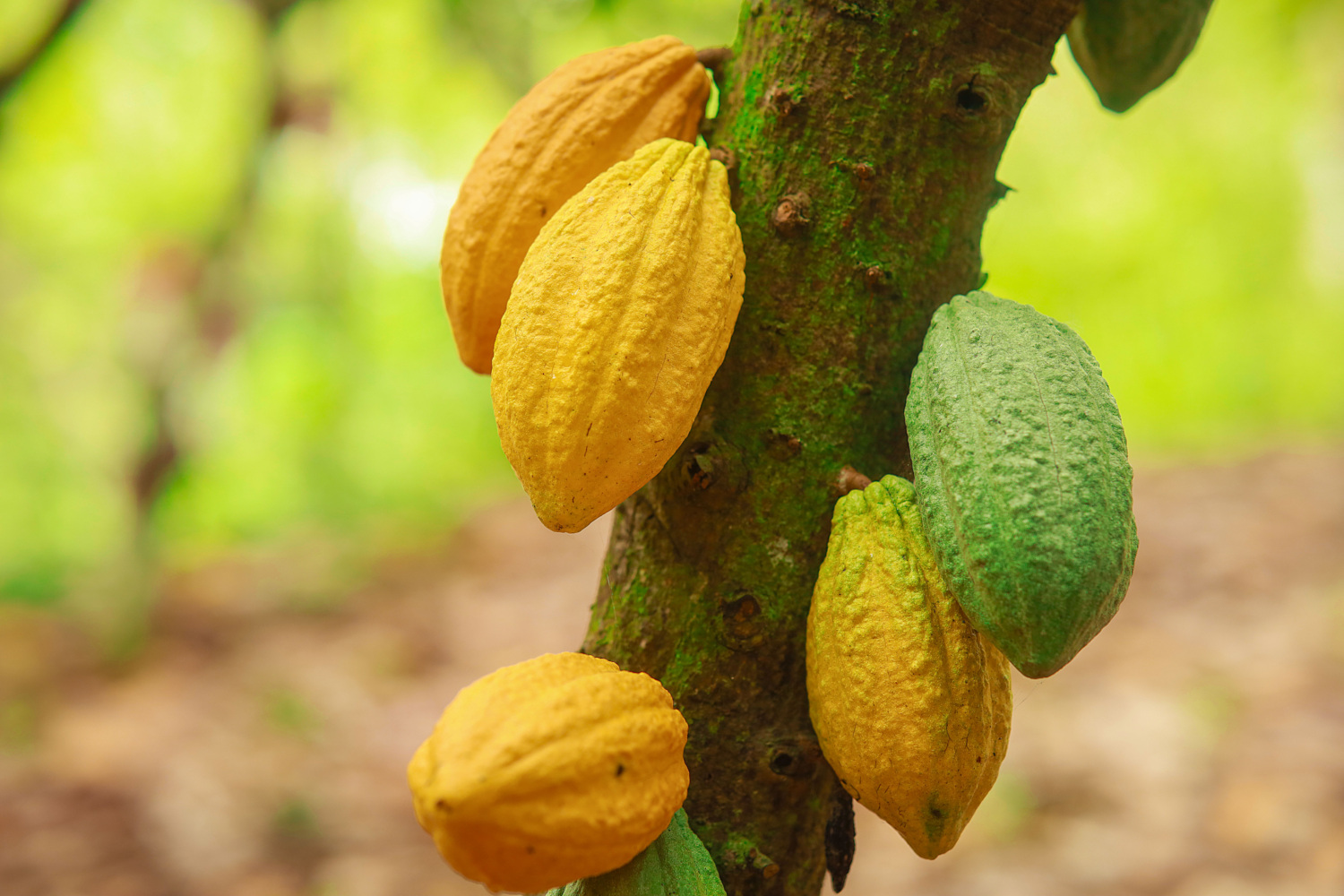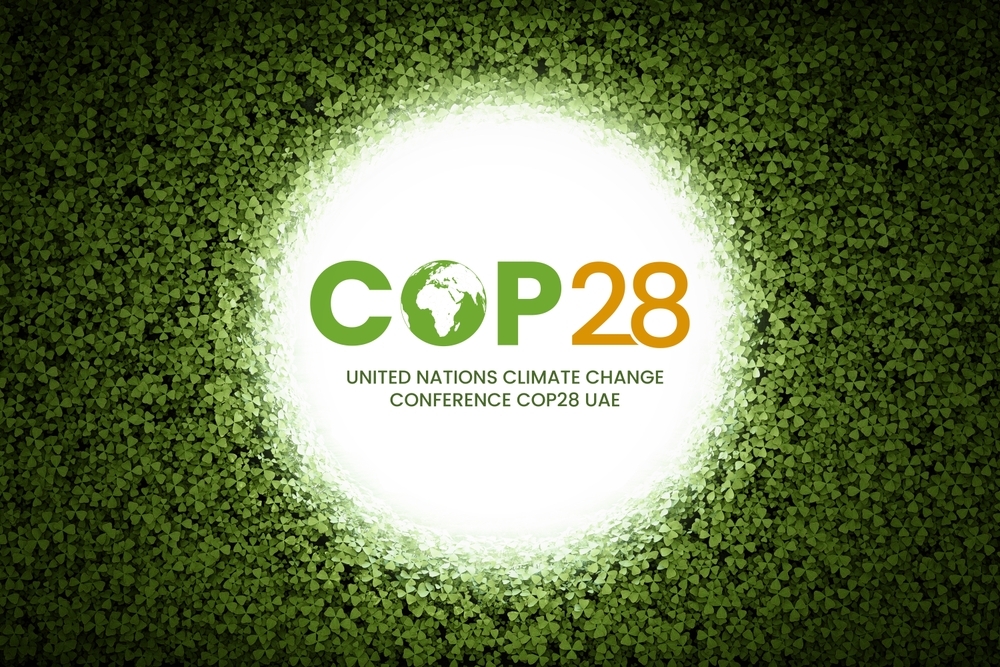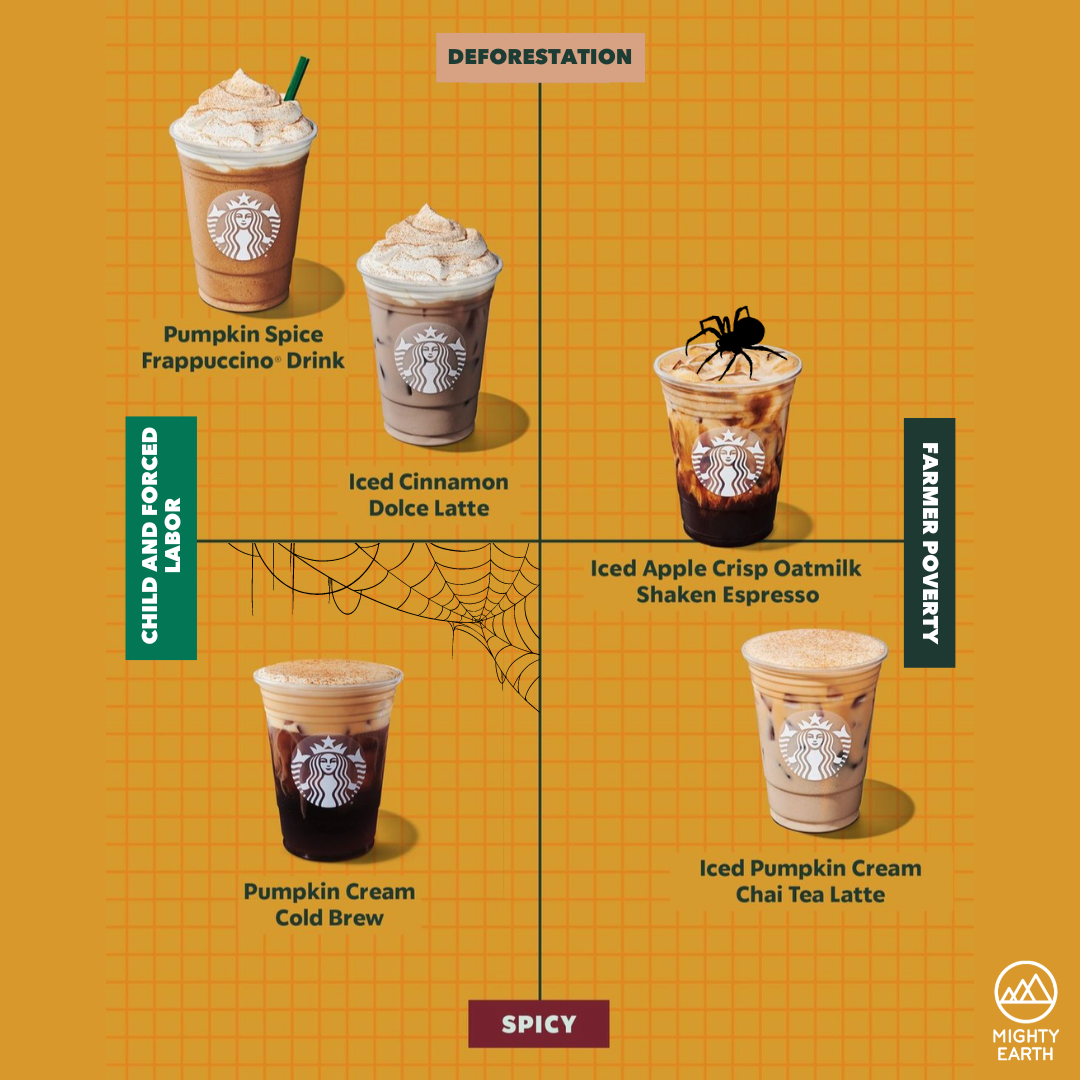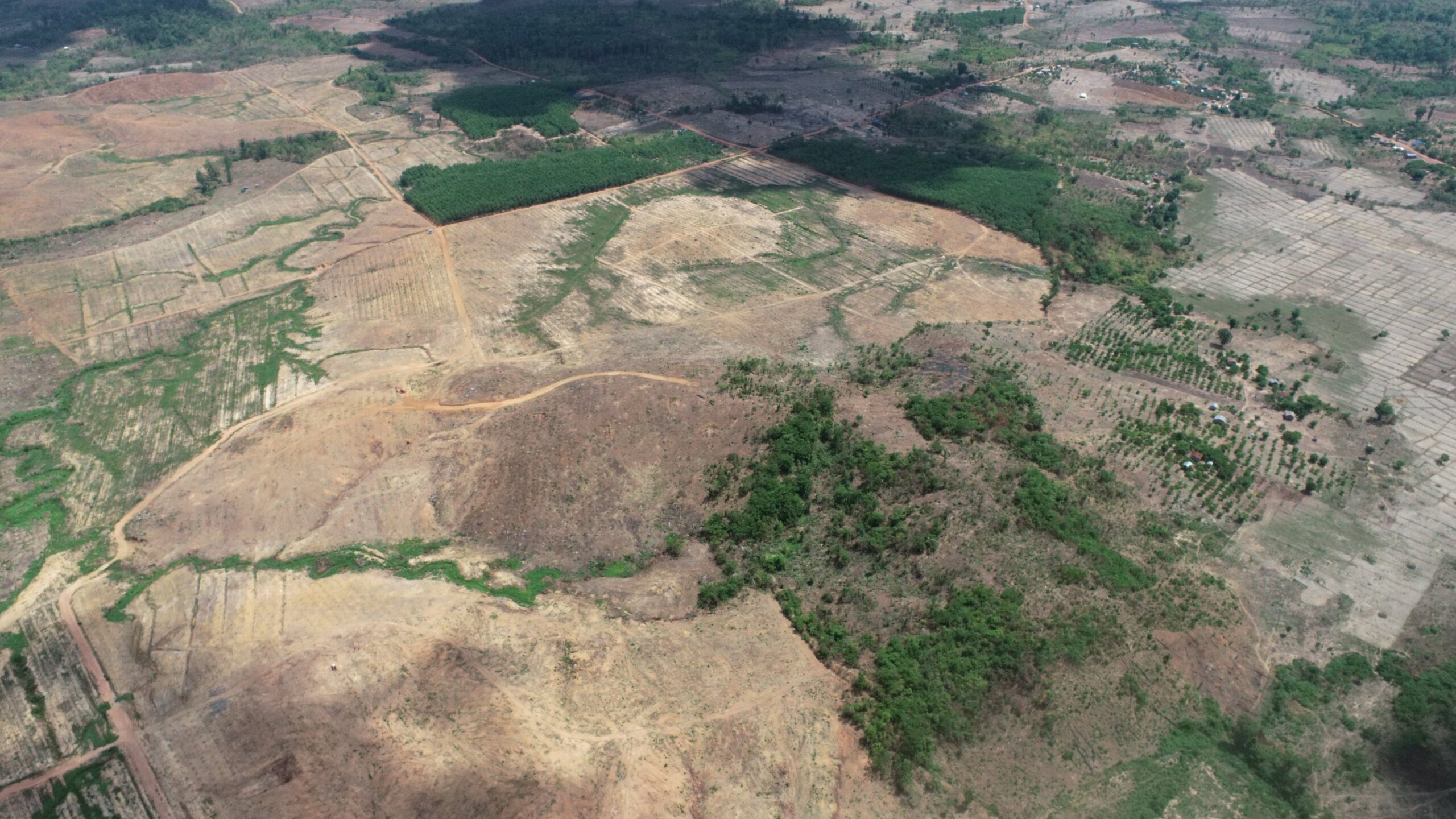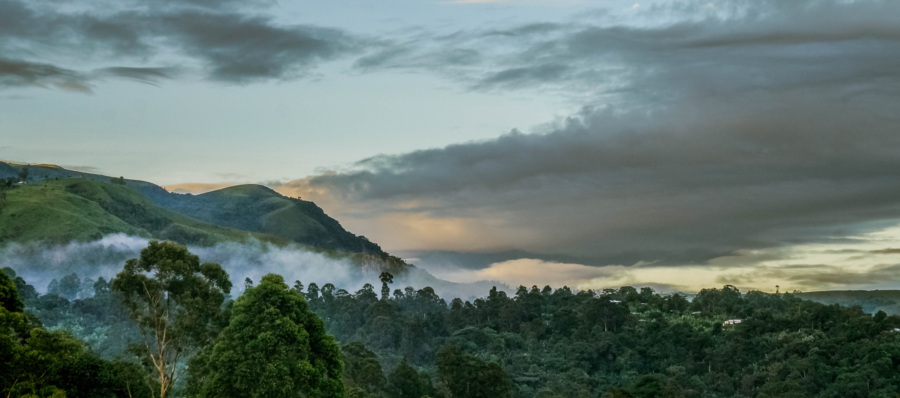
Africa
Stopping Deforestation and Reversing Nature Loss
Mighty Earth is working to protect key African ecosystems from destructive agriculture practices.
WEST AFRICAN GUINEAN FORESTS AND WOODED SAVANNAH
The Upper Guinean tropical forests cover large parts of West Africa, extending from Guinea in the west to Togo in the east, and once formed a dense canopy extending a few hundred north from the Atlantic coast. A global biodiversity hotspot, this landscape has come under intense pressure from mining and farming, with crops such as cocoa, palm oil, and rubber replacing much of the native forest in countries like Côte d’Ivoire and Ghana. In the northern parts of the region, the dense humid tropical forest gives way to a wooded savannah landscape, home to rare plant species and wildlife which are under pressure from the rapid expansion of cashew farming. Mighty Earth is working with our local partners in the region to bring a halt to this destruction and restore the native forests and wildlife habitats.
LOWER GUINEAN FORESTS AND WESTERN CONGO BASIN
The Lower Guinean and Western Congo Basin forests dominate the landscape of West Central Africa, occupying southern Benin and Nigeria, and extending to the south into Cameroon, Equatorial Guinea, and Gabon. These critical habitats, home to much of Africa’s remaining lowland tropical rainforests and associated wildlife, are also under attack, with large scale rubber and palm oil plantations contributing to widespread deforestation, alongside pressures such as illegal timber extraction and mining. Mighty Earth is working in the region to hold large commodity companies to account to reverse this devastation.
-
80%
Extent of forests lost in Côte d’Ivoire.
-
130,000 hectares
The amount of primary forest destroyed in Ghana between 2002-2022, 12% of the total remaining.
-
820,000 hectares
Area of tropical deforestation in Africa in 2022 alone.
-
520km2
Amount of deforestation linked industrial rubber plantations in west and central Africa since 2000
-
37.4% and 13.5%
Share of recent cocoa-driven deforestation in protected areas of Ivory Coast and Ghana, respectively
Explore Our Work
Tell Starbucks to come clean on cocoa
When it comes to paying farmers a living income, addressing child labor, or protecting forests, Starbucks is evading accountability.
Sign The Petition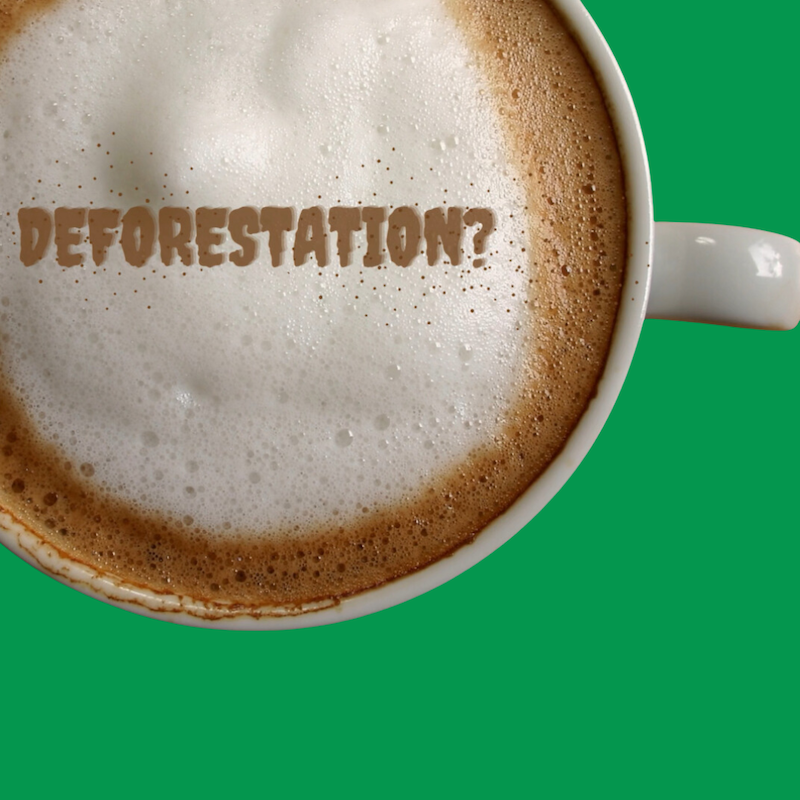
Reports
The Cashew Conundrum
How global demand for superfood is driving nature loss and risking food security in Côte d’Ivoire
Read The Report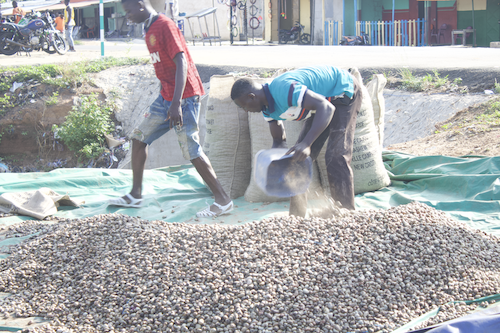
News
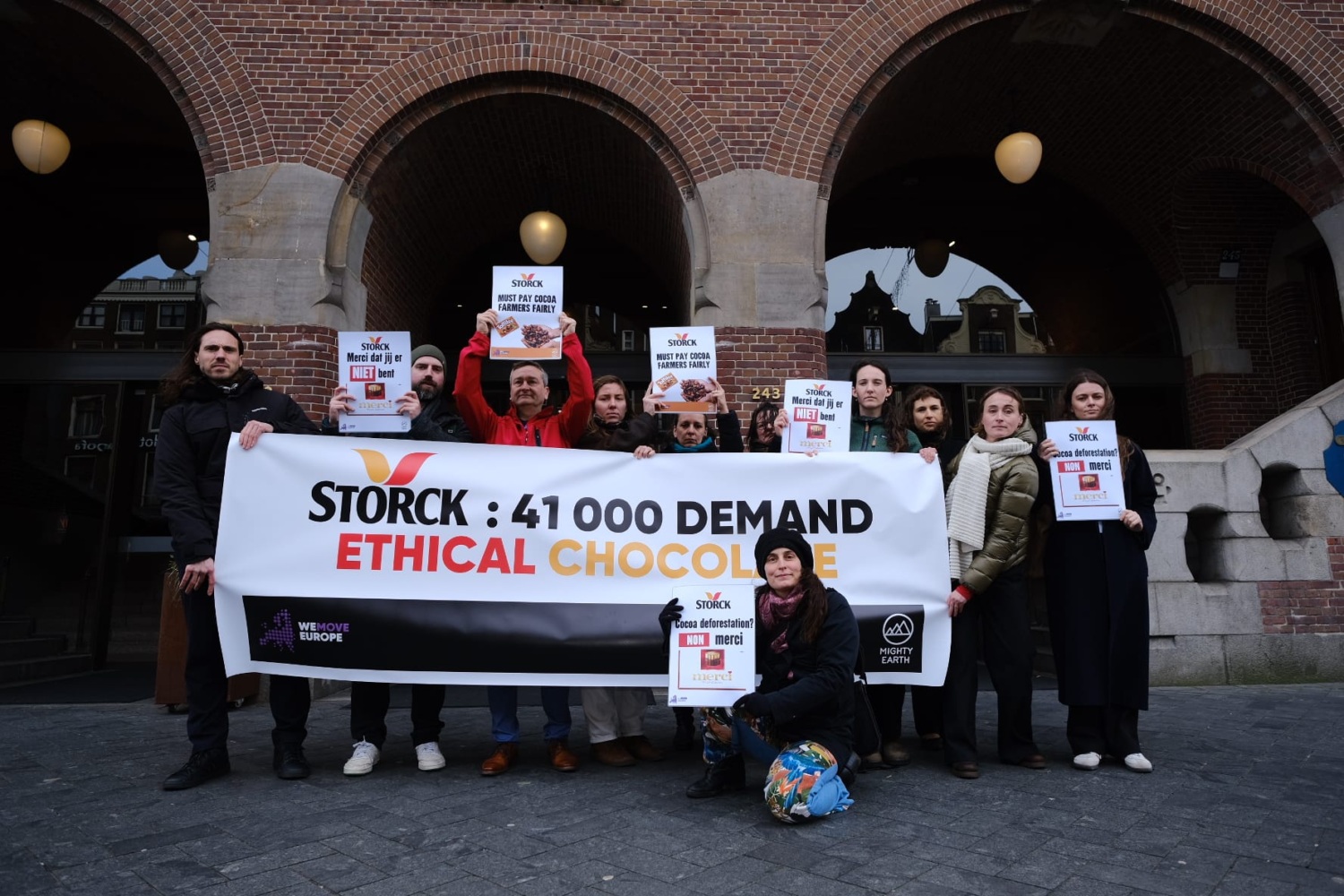
Protest at Amsterdam cocoa week targets German chocolate giant Storck’s unethical cocoa sourcing
